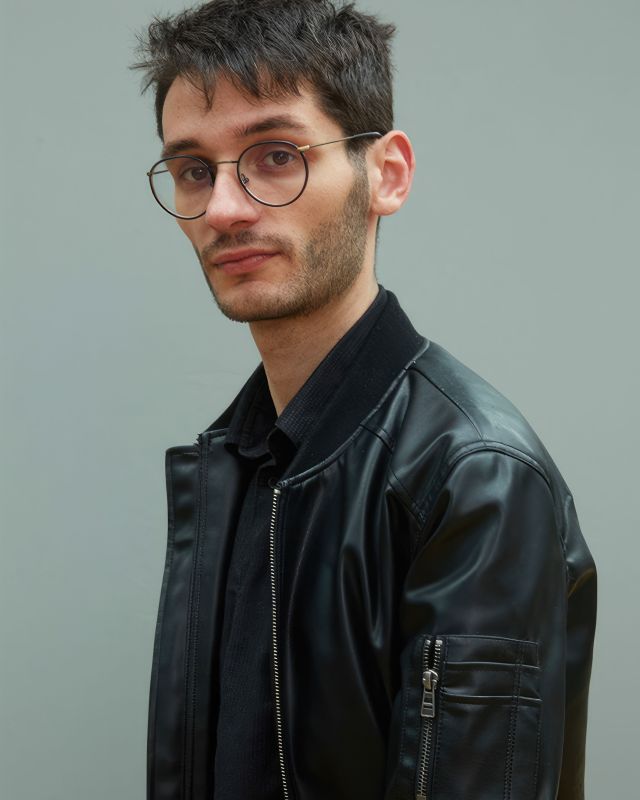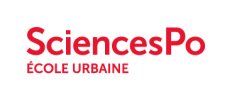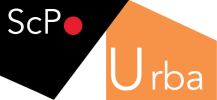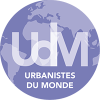Portrait
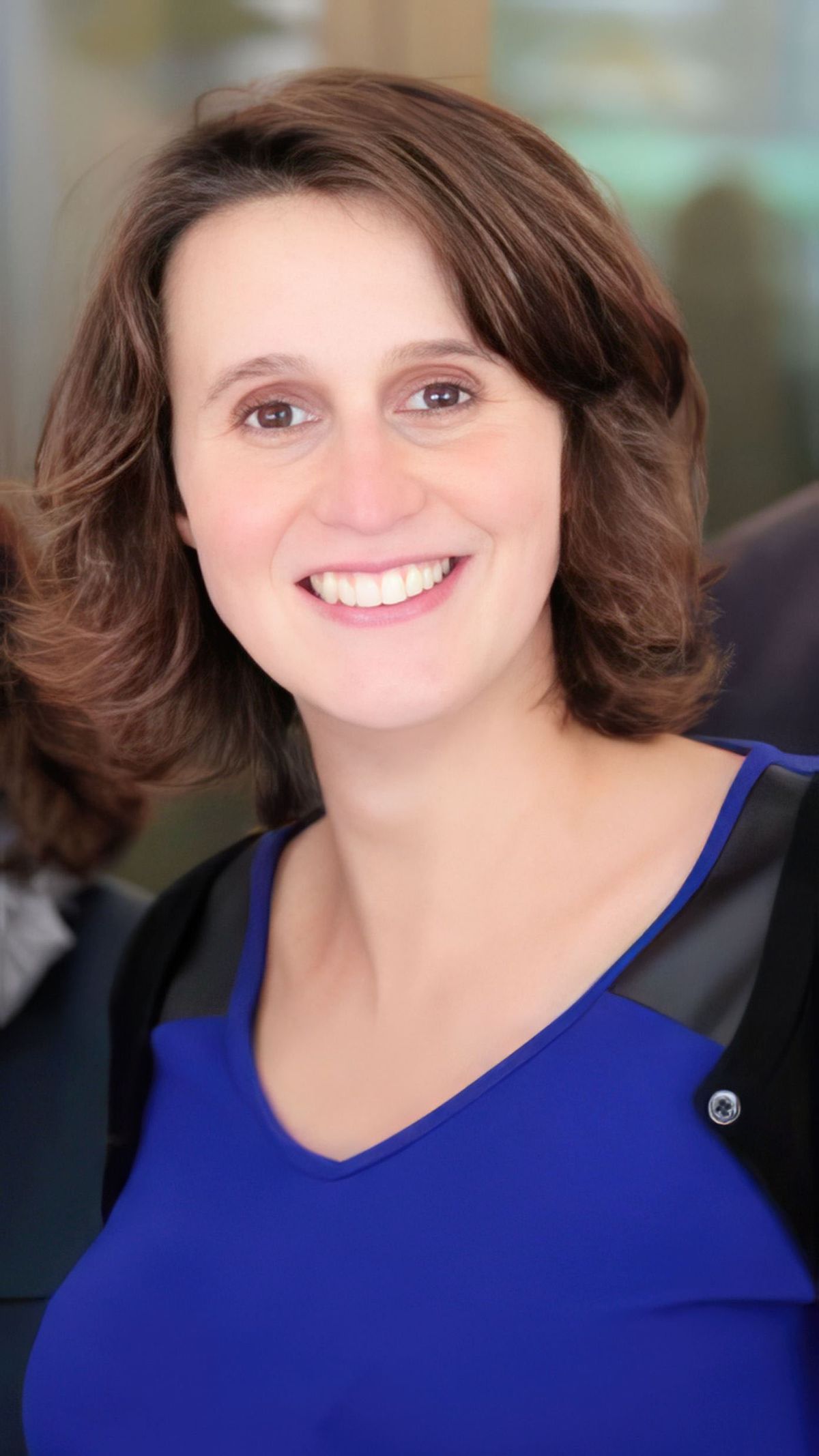
Élisa Lelard – STU 2006 – Associate at Open Communities Consulting
Published on | Alumni Portraits
Élisa is a true product of the consulting world where she has spent her entire career. However, her journey is anything but monotonous: ranging from niche to generalist structures, from large corporations to start-ups, she has navigated different corporate cultures and advanced her career—from junior to partner—covering a wide array of themes: from agriculture to education. Over a coffee, In Situ had the opportunity to gain insights into the consulting profession.
Élisa joined Sciences Po after completing her baccalaureate and then spent her third year abroad in Vancouver. As a student at the University of Victoria, she chose a double major: economics and urban policies, an area that already intrigued her. She also had the chance to explore this rich and dynamic region, focusing on demographic, economic, and territorial development aspects.
From Sciences Po to the consulting world
The STU master's programme seemed promising, and upon her return to France, she was part of one of its first cohorts. She deepened her knowledge of territorial planning, urbanism, and local public policies there. She then entered the job market without preconceived notions and stepped into the consulting world through a small firm specialised in the study of public service delegations where she completed her internship. Her assignments primarily revolved around the analysis of large facilities markets. It was then that the company was acquired by a larger firm, presenting her with a culture shock between the original creators with a more science-oriented background and the buyers predominantly hailing from business schools.
After this experience, Élisa was hired by a generalist and human-sized firm: Alenium. The firm is well-structured, thanks to its partners, who possess strong knowledge in market analysis, processes, and marketing. She stayed there for three years, witnessing the firm's growth from 20 to 80 employees while also progressing from junior to senior level.
A Vietnamese Interlude
She then flies off for a year in Hanoi, where she becomes a freelance consultant. She primarily works for the German International Cooperation Agency (GIZ) on a wind energy development project in Vietnam. She provides them with expertise, whether for the organisation of the legislative framework or the preparation of research pre-projects to secure European funding through calls for projects.
At the "Big Four"
Upon her return to France, she is hired by PwC (PricewaterhouseCoopers), globally recognised for its expertise in auditing. Alongside EY, KPMG, and Deloitte, it is one of the Big Four: the four largest consulting firms. Her international network allows her to access collective intelligence. This is also an opportunity to produce studies: for example, Élisa writes about the organisation of decentralised administration. During the six years she works there, the "public sector" team, structured into different divisions (health/social, defence/interior, and others), experiences significant growth, expanding from 40 to 70 members, and she progresses beautifully from the position of consultant to manager. Working within such a large structure allows her to work in consistently varied teams, which involves different personalities, methods, and levels of experience. Mobilising everyone is a challenge, in order to bring out the best in each individual and provoke learning effects. Moreover, many training programmes are implemented, making the experience even richer.
Towards Design Thinking
Finally, a month ago, Élisa left PwC to become a partner at OpenCommunities Consulting, a young consulting firm that has been in existence for three years. What is its paradigm? Innovation is essential for both companies and administrations; otherwise, they risk disappearing, unable to surpass competition or satisfy users. What is her approach? Design thinking. What is her organisation? A very rich ecosystem ranging from coaches to digital developers, from ENA to Polytechnique, including of course the four partners, all of whom boast more than ten years of experience. What are her values? To accompany her clients with complete trust, not only in their services but also in the relationships between individuals and institutions, and to animate networks, all at a fair price, in a philosophy akin to that of a SCOP.
From Firm to Firm, Yes, But What Missions?
Evidently, that’s not the right question! The missions Élisa has undertaken throughout her career are highly varied, both in terms of duration – ranging from about ten days to several years – and in themes – agriculture, transport, defence, health, sustainable development – or clients. There is no typical mission; some require extensive analytical and writing work, while others focus more on fieldwork: interviews, workshop facilitation, client contact. However, Élisa has primarily conducted consulting in organisation and management for public organisations (local authorities, institutions, agencies, central and decentralised administrations). She has acquired expertise in change management and a small specialisation in agriculture, a theme she worked on for four years.
Examples?
Élisa has worked for the Ministry of Education to improve its handling of the baccalaureate exam papers, making it more fluid and secure. She also assisted the Directorate of Territories and the Sea in Manche, whose veterinary service, understaffed, could no longer ensure the monitoring of cattle herds, raising significant health and safety issues. It was necessary to revisit the prioritisation and distribution of tasks within the team. She also spent four years working on the restructuring of Pôle Emploi. She participated in the general revision of public policies (RGPP) and in the modernisation of public action. A significant mission for Élisa was that for SGMAP (General Secretariat for the Modernisation of Public Action), focusing on youth empowerment. Thanks to design thinking, this nine-month project enabled the realisation of the "orientation for all" platform, which centralises information on professional orientation, but most importantly, strengthens the knowledge among field stakeholders.
At OpenCommunities, she recently undertook a mission to support the 250,000 employees of Société Générale in their career development through an online digital solution that allows everyone to showcase their skills and stay informed of opportunities. Lastly, support work for the Caisse des Dépôts et Consignation in facilitating territories is ongoing, translating into an innovation lab, a good way to strengthen cooperation between public and private stakeholders in a living area, around unifying projects.
Breaking Down Prejudices
The consulting field is congenial, both among colleagues and with clients. It is a good way to start, given the strong element of companionship. Consulting can also serve as a bridge to more operational work, notably as a public service contractor. The work rhythm is intense but far from unbearable, averaging from 9 am to 7 pm, fluctuating depending on the projects.
The consulting profession can have its frustrations: sometimes, a brilliant idea does not come to fruition because the client decides otherwise, and the project never sees the light of day. It is also important to remember that one must assist the client without doing the work for them. Moreover, there may come a day when the experienced consultant might doubt themselves and feel as though they cannot accomplish anything. Élisa emphasises that this is not the case, and while one may not be an expert in a specific theme, the consultant acquires other qualities and skills, whether it be facilitating a workshop of 100 people, modelling a financial impact, or mastering the development of a Forecast Employment and Skills Management Plan (GPEC).
Advice
Before applying for a consultant position, consider researching the type of project and the composition of the team. If possible, contact your network to determine if the team is growing, stagnating, or declining. Once hired, identify mentors within the company who will help you progress.
For a young person, there is no need to have a sectoral specialisation; on the contrary, curiosity, open-mindedness, the ability to listen, and activating one’s brain are crucial. With experience, one would expect a consultant to have convictions regarding how public policies should be developed. The fundamental skills of a consultant include analysis, synthesis, and the ability to deliver a persuasive discourse, so don’t hesitate to take the leap!
Hugo Christy - GLM 2012 - Director of Ideas, Content & Communities at REI Habitat
Published on 09 April 2017
How Does One Become an Ideas Director? Hugo Christy is a GLM 2013 graduate who committed full-time to working with Anne Hidalgo, who was then First Deputy…
François-Xavier Salmon - STU 2007 / INET 2010 - Technical Advisor to the General Director of Services of the Nord-Pas-de-Calais Regional Council
Published on 25 January 2017
During the trip to Lille in 2011, the students took part in a "speed networking" session in the morning. We found one of the portraits created! “It was…
 English
English  Français
Français 